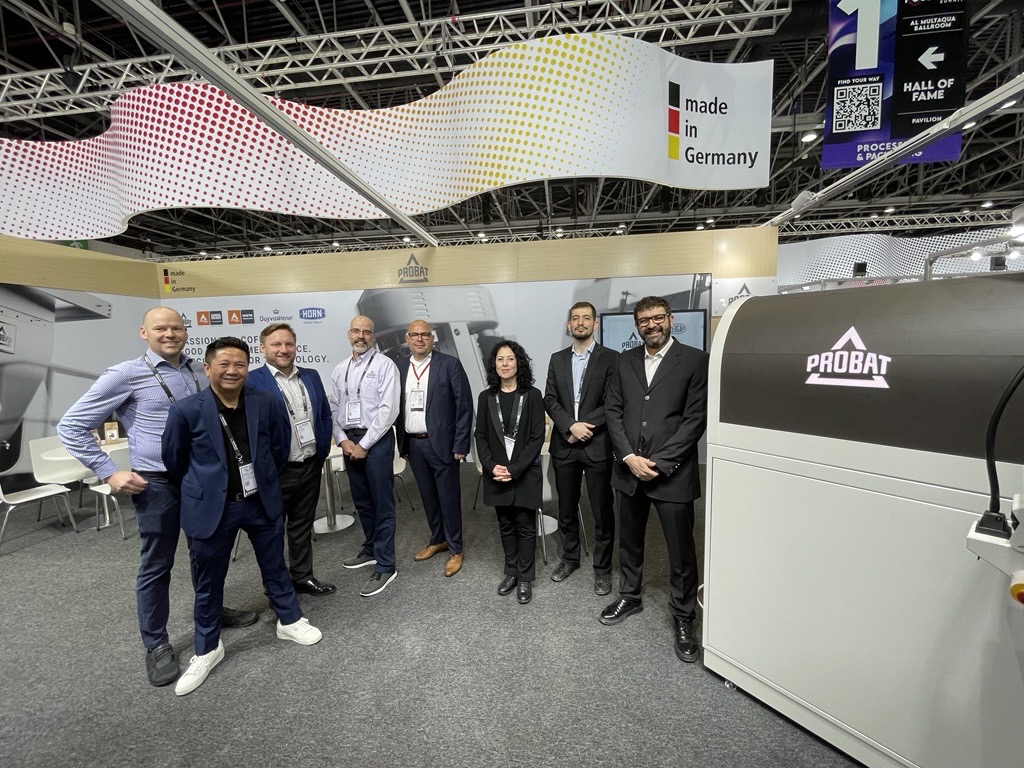Facts and trends on the Arabian Peninsula
By Hajer Burcu Kaya, Director at Packtech FZCO
The Arabian Peninsula coffee market is undergoing significant growth and change. The Kingdom of Saudi Arabia (KSA) is the leading market in the region, followed by the United Arab Emirates (UAE) as a major hub.
Coffee, or "Qahwa", has deep cultural roots in Arab society. As part of its Vision 2030, Saudi Arabia is diversifying its economy beyond oil, and coffee has become an important part of this strategy: there are advances in coffee production, particularly in the cultivation of Saudi Khawlani coffee beans, one of the rarestand most valuable types of coffee beans in the world. The main coffee growing areas are Jazan, Al Baha and Aseer. These mountainous areas provide the ideal climate for coffee cultivation. As part of the Vision 2030 initiative, the Saudi government aims to plant 1.3 million coffee trees by 2025 to significantly increase production. The Saudi Coffee Company is a leader in sustainable coffee production, focusing on environmentally friendly practices and supporting local farmers. In addition, major international coffee chains are expanding in the region. Domestic speciality coffee chains such as Barn's are also thriving, with more than seven hundred outlets in KSA.
The UAE coffee market is benefiting from urbanization and rising living standards. It is home to many international chains that have contributed to the growth of coffee culture. There is also a vibrant speciality coffee scene. With a large expatriate population, the country has one of the most developed coffee shop markets in the region. The DMCC Coffee Centre in Dubai is a state-of-the-art facility designed to enhance Dubai's capabilities and position in the global green coffee supply chain. The centre connects producers and exporters to global markets, enabling trade in over one hundred coffee varieties from key growing regions such as Central and South America, Africa, and Asia.
There are several notable trends in coffee consumption: historically, local traditional coffees such as Gahwa have deep cultural significance, followed by Turkish coffee. In parallel, there is a growing demand for speciality coffee, cold brew, and nitro coffee, as well as dairyfree alternatives.
Coffee consumption in the Arabian Peninsula is a fascinating blend of traditional and modern practices. Each country has developed its own way of brewing coffee. However, all still use the oldest brewing method in history: decoction. This method involves placing the coffee, water and/or sugar, cardamom, cloves or saffron etc. in the 'dallah' and boiling the mixture until it starts to foam. The pot is then removed from the heat source and reheated once the froth has settled. This process can be repeated a total of 3-4 times. It is typically served in a small, handless cup called a finjan, often accompanied by dates. It is a staple at "Majlis" gatherings.




